The world's landfills are littered with old PC motherboards that have failed due to bad flashing, malware or rm /sys/firmware/efi/efivars/*. What if you could recover these boards easily or prevent it from happening all together?
The EEEmu SPI will allow you to do all of this and more. EEEmu SPI can:
- Create a truly crash-free BIOS solution for your PC motherboard.
- Recover bricked PC motherboards.
- Secure your BIOS from accidental or malicious modification while still allowing easy BIOS updates.
- Check if changes are made to your BIOS by storing EEPROM writes in a diff file (if write enabled) and also write protect sections of ROM.
- Swap out different EEPROM and Flash ROM files quickly and easily via a USB mass storage interface.
- Retrofit worn out or end-of-life chipsets on older hardware. SLC NAND for example, is prone to shortages, price fluctuations, and EOL notices.
- Provide an easy development and deployment environment for custom PC BIOS modification.
- Develop and debug embedded projects, without worrying about exhausting write cycles.
- Also emulate Flash/FeRAM/MRAM SPI hardware.
- Be connected to embedded or IoT platforms to allow them to perform easy datalogging and data storage functions.
- Be used as an SPI sniffing and logging device.
- Create custom SPI slave hardware.
- Anything else you can imagine that requires a versatile high speed serial memory interface.
EEEmu SPI is easy to use as a simple drop in replacement for existing SPI EEPROM. It allows you to quickly and easily configure and load new EEPROM image files using a USB mass storage interface, to onboard storage. Deep configuration options allow you to tweak the operation easily to support any brand or sized EEPROM.
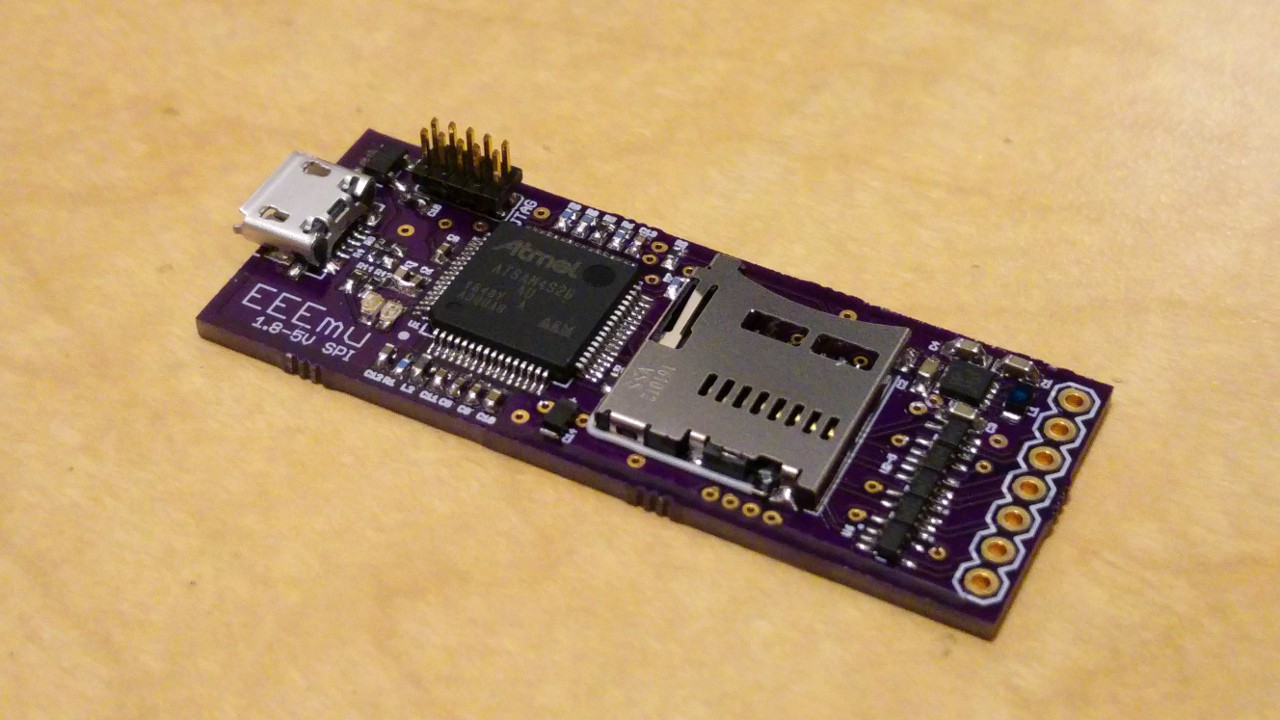
EEEmu SPI also provides additional 3.3V GPIO/I2C pins to allow you to hack the device to your heart's content.
Level conversion supports open drain (pull-up) or active modes. Dual power supplies allow you to power it from the USB or SPI interface (even at the same time).
EEEmu's software is also completely open source. It supports reprogramming via USB, so you can easily tweak the code to suit your application.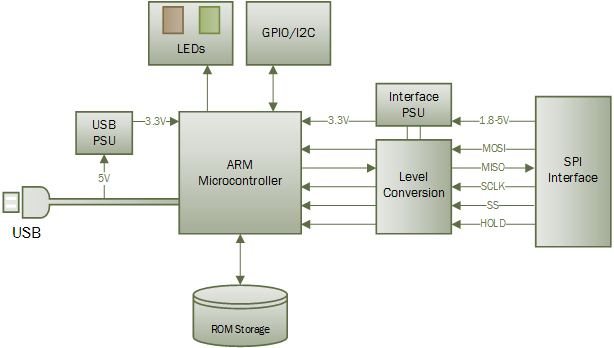
After Step 1, collect underpants, and the emulation code in the firmware is finalised, an initial run of these boards will be available for sale on tindie.com for developers and hobbyists. It is hoped that the community adds additional functionality to the open source firmware to create a robust and versatile EEPROM emulation platform.
All EEEmu code, documentation and design on these project pages are licensed under the GNU General Public License (GPL) unless otherwise stated.
 Blecky
Blecky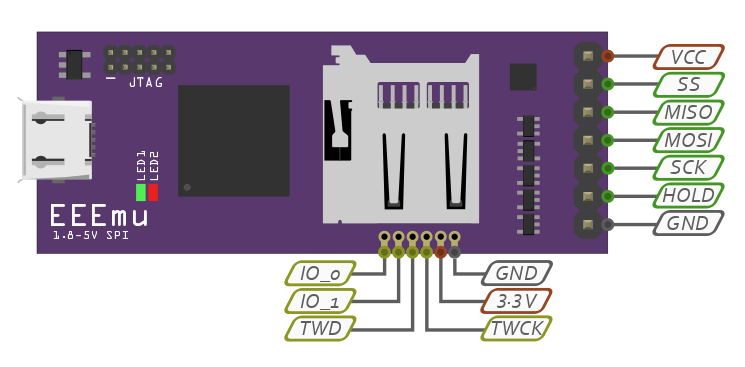
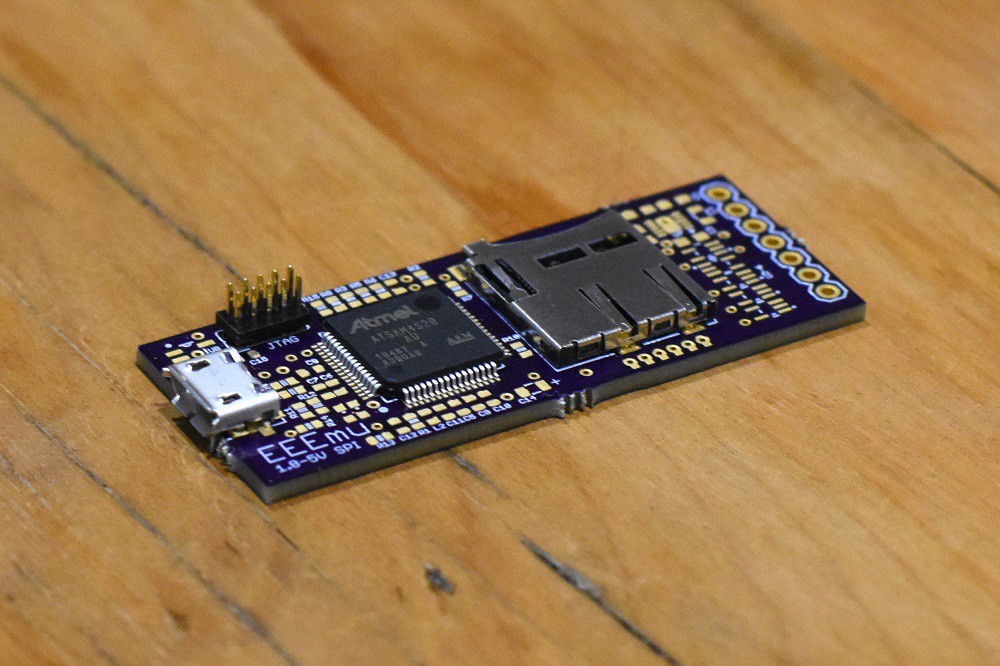
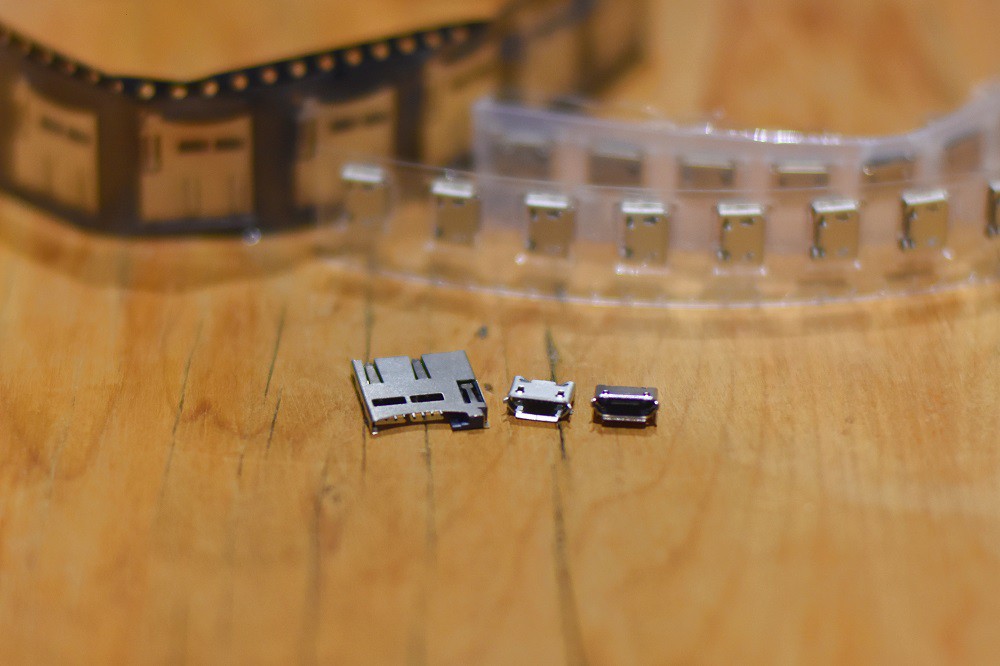
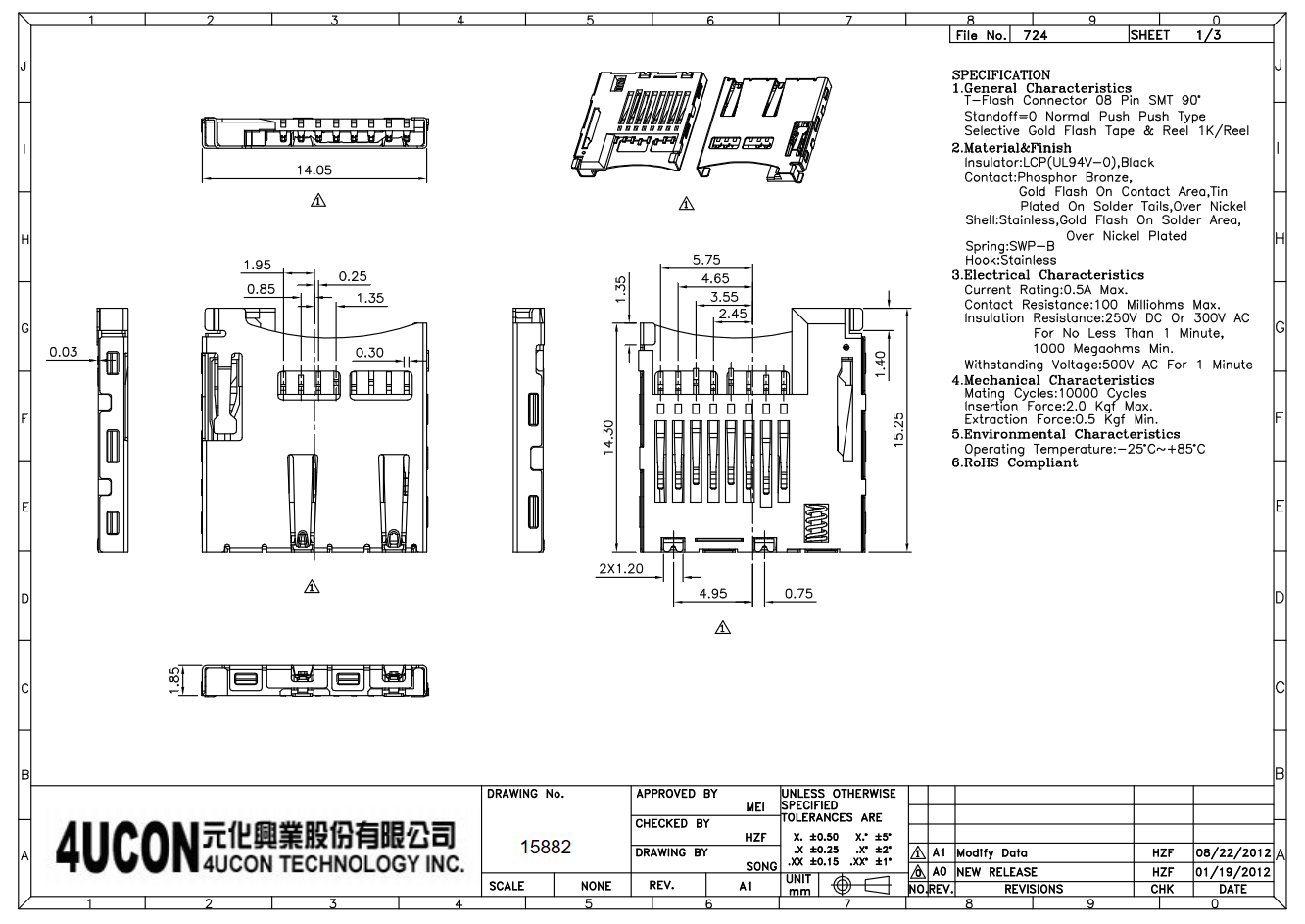
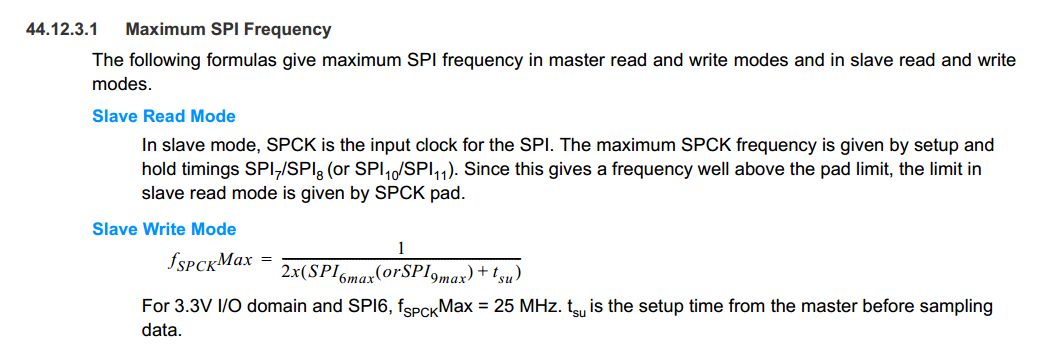
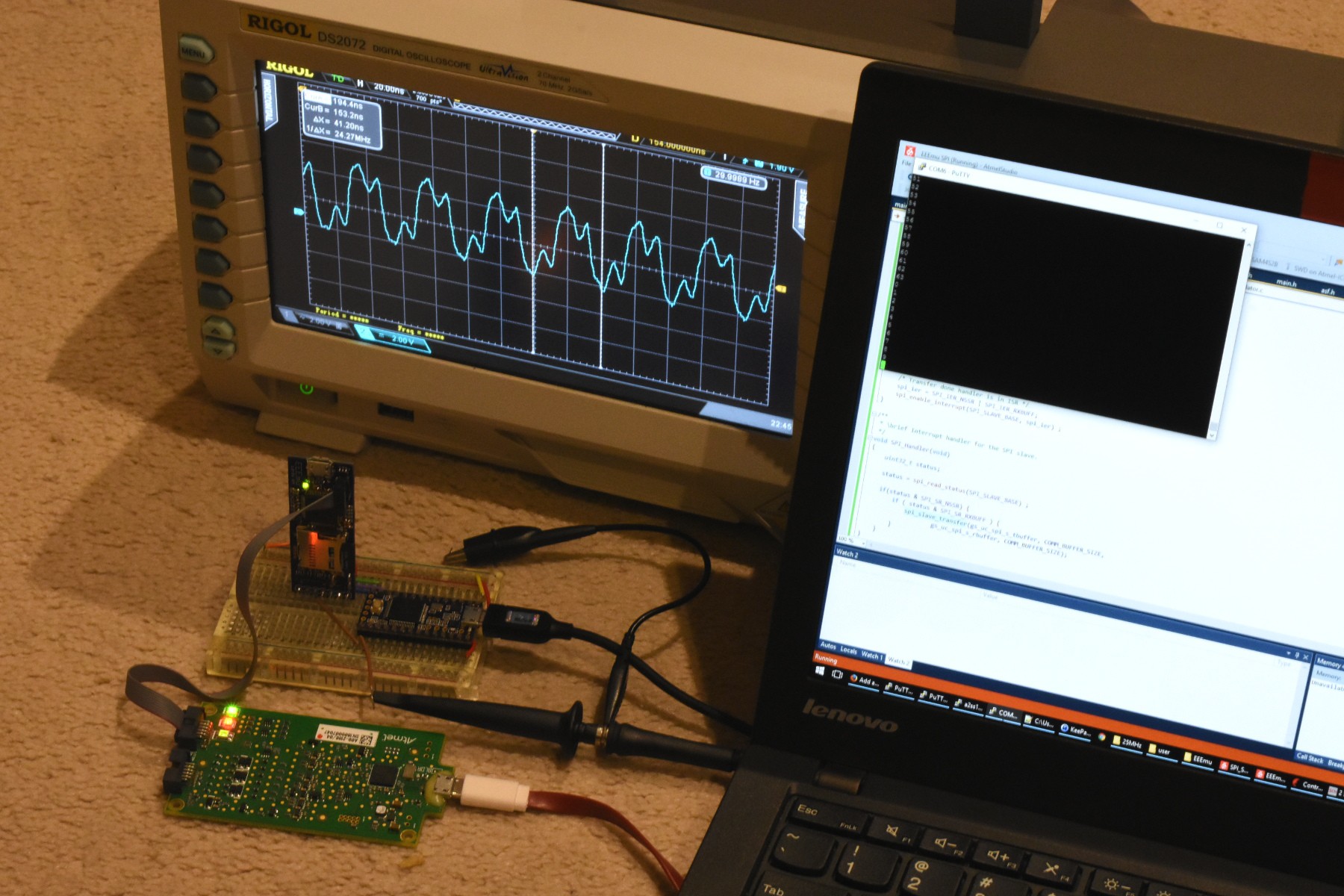
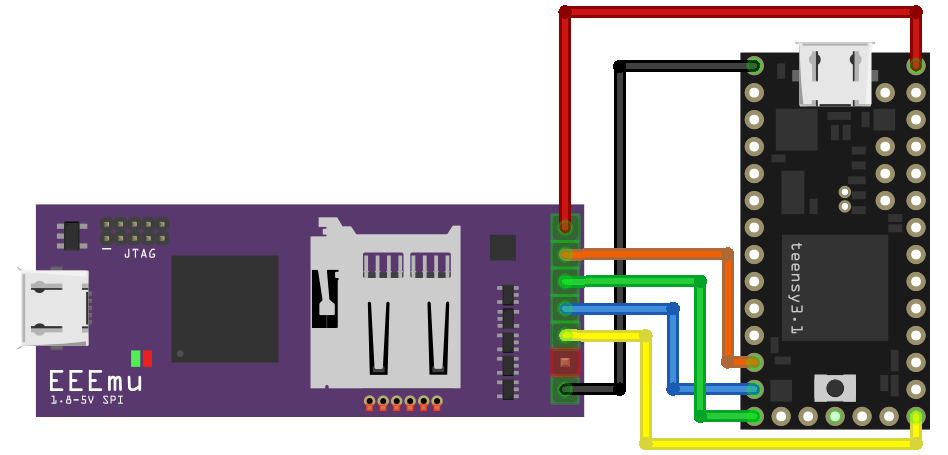






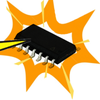



good